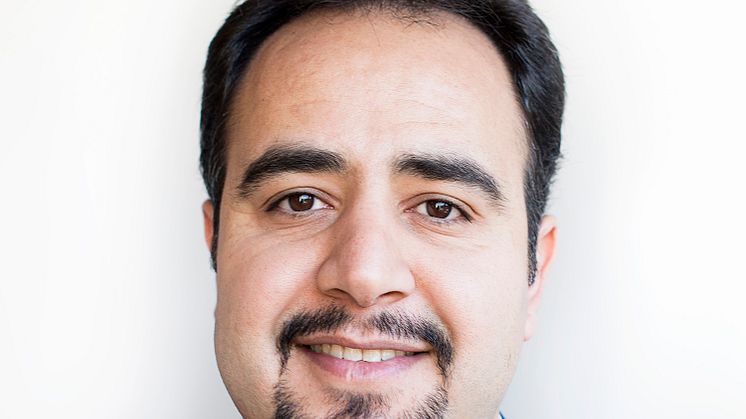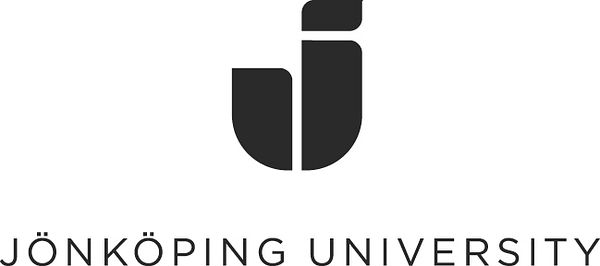
Press release -
The importance of microstructure in heavy-duty diesel engine performance
Designers and manufacturers of heavy-duty diesel engines are facing new challenges with recent high environmental friendly low-sulphur fuels. Harsher legislations on emissions and fuel-economy, combined with high demands on enhanced power output and durability, call for alternative materials with optimised mechanical and tribological properties. In a new PhD thesis from the School of Engineering, Jönköping University, Rohollah Ghasemi presents new insights regarding the benefits of cast iron materials in Marine and Automotive heavy-duty diesel engines.
For many years, Lamellar Graphite Iron (LGI) has been the common choice for diesel engine applications such as piston rings and cylinder liners. LGI has an excellent tribological behaviour as the graphite lamellas act as solid lubricant agents reducing friction, scuffing, and bore polishing issues.
”The downside: LGI has inferior mechanical properties which causes failure of the material under high mechanical loading and pressure conditions, which is a big drawback for this type of cast iron materials. Hence, when minimizing the size and weight of the engines and increasing the load and pressure, you need to replace LGI components with another material with higher strength”, explains Rohollah Ghasemi.
Pearlitic compacted graphite iron (CGI) is an interesting alternative candidate with superior mechanical properties and reasonable tribological performance compared to the LGI alloys. CGI material has this ability to withstand harsher dry and lubricated tribological conditions in diesel engines, which is the case with introduction of the high environmental friendly low-sulphur and gas fuels. However, this material has poor machinability compared to the LGI alloys which results in extensive production costs.
I his thesis, Rohollah Ghasemi elucidates how the microstructure influences mechanical properties and tribological performance of lamellar and compacted irons in engine applications.
”The knowledge generated in this study will be highly relevant for engine designers, industrial designers, production and material engineers within various industrial areas – particularly in heavy-duty diesel engines – by providing a better understanding to show how the microstructure controls the mechanical and tribological properties of cast iron alloys.”
His research has also resulted in production, modelling and simulation of local mechanical properties of a new developed grade of high mechanical performance cast material – high silicon solution-strengthened CGI alloy – which increases the cutting tool's lifespan and significantly improves machinability compared to the conventional pearlitic CGI alloys.
”In my study, I’ve focused on large-bore two-stroke marine engines, but the results obtained are valuable for truck brands like Volvo and Scania. Solving this equation is necessary for manufacturers to maintain a front-line position in a market with high global competition.”
Rohollah Ghasemi successfully defended his thesis ‘‘The Influence of Microstructure on Mechanical and Tribological Properties of Lamellar and Compacted Irons in Engine Applications” at the School of Engineering, Jönköping University, on Friday 25th November. Rohollah Ghasemi can be reached by phone, +46 72 001 64 22.
Related links
Topics
Categories
Jönköping University Foundation is one of three independent institutions of higher education in Sweden offering postgraduate programmes. It is characterised by focused profiles, internationalisation, an entrepreneurial spirit and collaboration with surrounding society. Research and education are carried out at four schools: Jönköping International Business School, School of Education and Communication, School of Engineering and School of Health and Welfare. Jönköping University has some 10,000 registered students, 725 employees and a turnover of approximately SEK 800 million.
